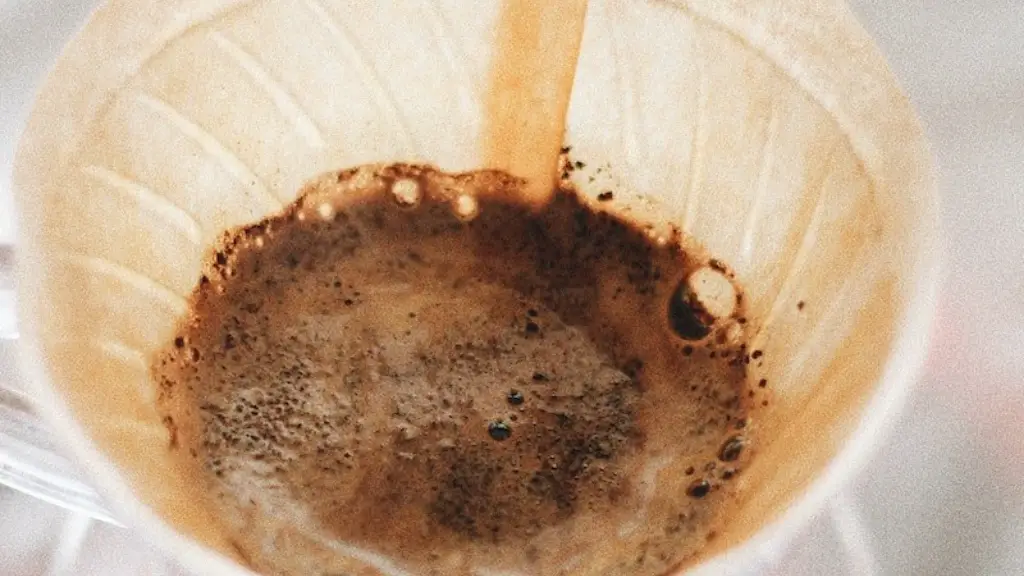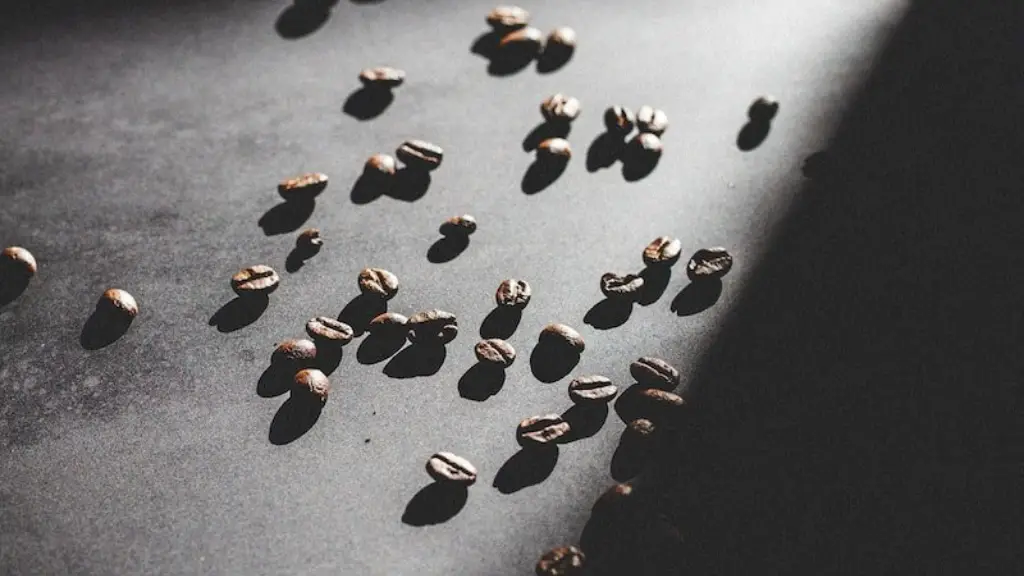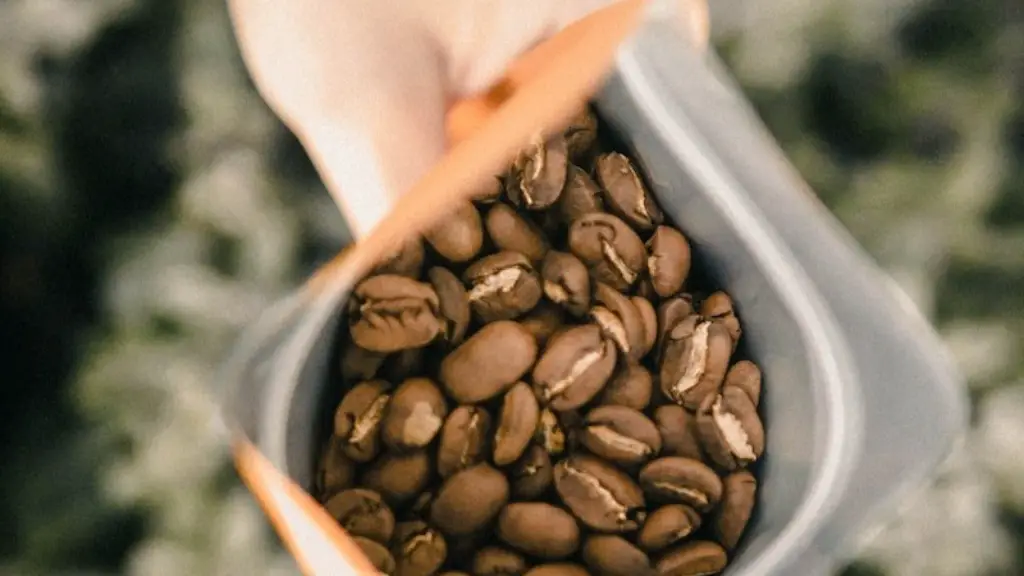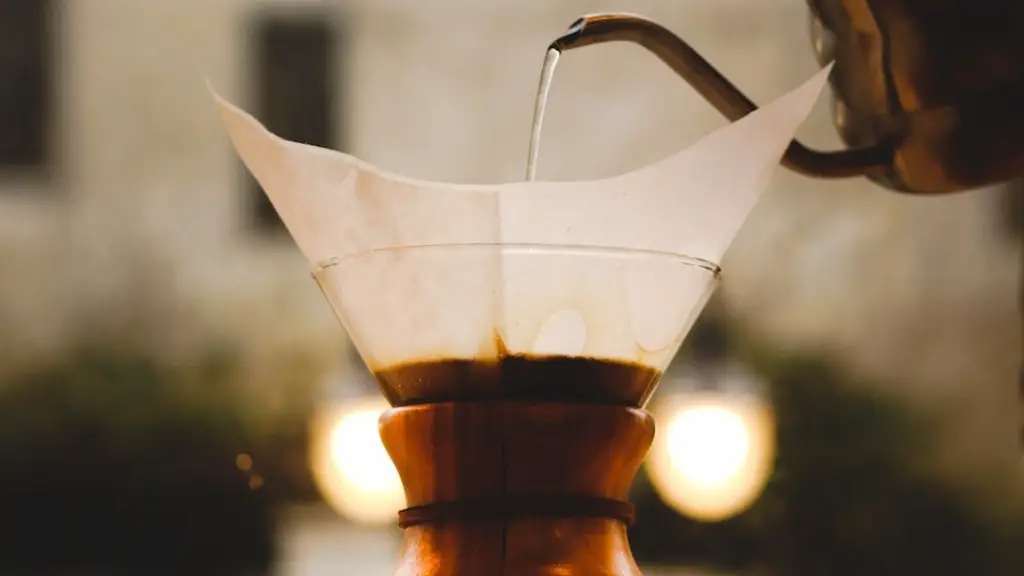It may seem like a simple question – can I drink coffee on blood thinners? It is one that many people on anticoagulant medications, such as warfarin, need to know. There has been much research conducted on this topic, so if you take blood thinners, it’s important to understand their interaction with coffee.
The medical benefits of caffeine, including a protective effect from stroke, are widely known and accepted. At the same time, caffeine has long been known to thin the blood and increase heart rate.
So how do these contradicting factors affect those taking blood thinners? Generally, drinking coffee is considered safe for most people, as long as it is consumed in moderation. However, research indicates that for those on blood thinners, it is possible that excessive caffeine consumption might increase the risk of bleeding. This could occur due to an increased risk of thrombolysis and other similar risks.
Studies have shown that drinking more than four cups of coffee a day can increase the risk of hemorrhagic stroke and other bleeding complications while taking anticoagulants such as warfarin. It is also important to keep in mind that other medications and dietary supplements also interact with warfarin. The level of risk depends on the amount of caffeine consumed and the individual’s health considerations.
Those who are on anticoagulants should discuss with their medical professional the advisability of drinking coffee. While it may be safe for some, it is important to understand the potential risks involved. It is also important to note that simultaneous consumption of different medications and supplements should be discussed with a medical professional as well, including any herbal and vitamin supplements that could interact with the drug.
Experts suggest that it is best to keep caffeine consumption to under 200mg per day when taking blood thinners. This is the equivalent of two 8oz cups of coffee or one 16oz cup. It is important to note that when taking medications, the amount of caffeine consumed should be consistent, rather than having spikes. This could result in going over the recommended daily limit and increase the risk of bleeding.
It is also important to keep in mind that certain types of coffee can have more caffeine than others. For example, espresso has twice the amount of caffeine found in drip coffee. So if you are on an anticoagulant medication and still want to enjoy coffee, you should look into the types of coffee with lower caffeine content.
Insights and Analysis
Overall, it is important to be informed of the potential risks associated with caffeine and blood thinners. Having a conversation with your medical professional about your individual situation is key. It is also important to know that the advice may vary from person to person, depending on what other medications and supplements are being taken concurrently.
It is likely that drinking coffee in moderation and paying attention to the type of coffee you consume should not be a problem. If you are advised by your doctor to reduce your caffeine intake, then it is best to stick with decaf or herbal alternatives.
Alternatives to Coffee
If you are on warfarin or any other anticoagulant medication, it is important to look for safe alternatives to coffee. Caffeine free herbal teas are a great option and they come in a wide variety of flavors. They can be made hot or cold, depending on your preference. Fruit juices are also a great option, with flavoring that can add sweetness and a bit of a kick to your drink.
Chocolate drinks are another delicious and safe caffeine free alternative to coffee. They have the full taste of chocolate, with a smooth and creamy texture. Plus, they don’t contain any artificial sweeteners or additives.
And if you are looking for a savory alternative, there are herbal teas that mimic the flavor of coffee. They are made from a blend of herbs, including chicory root and roasted dandelion, that can give you the taste and aroma of coffee, without the caffeine.
Pros and Cons
There are both pros and cons when it comes to drinking coffee on blood thinners. On the plus side, coffee can provide an energy boost, a feeling of alertness, and a sense of well-being. Coffee is also rich in antioxidants and may even have some health benefits, such as reducing the risk of certain diseases.
On the downside, excessive coffee consumption can interfere with the absorption of anticoagulant drugs and cause increased bleeding. Additionally, caffeine can be addictive and can disrupt sleep. Therefore, it is important to regulate your coffee consumption and ensure that it does not interfere with your medication.
Advice from Experts
Experts recommend that if you are taking an anticoagulant medication, it is best to speak with your doctor or pharmacist before making any changes to your caffeine consumption. They can provide advice on the best way to manage your caffeine intake to ensure that it does not interfere with your medication.
Generally, it is advised to keep coffee consumption to 200mg per day – the equivalent of two 8oz cups of coffee – when on blood thinning medication. It is also advisable to stay away from coffee if you have any history of bleeding disorders or if you are taking any other medications that could interact with caffeine.
Protective Measures
In addition to reducing caffeine intake, there are also some protective measures that can be taken to minimize the risk of bleeding. This includes avoiding alcohol and avoiding other activities that could put you at risk of bleeding, such as vigorous exercise, contact sports, and high-risk activities such as skydiving.
If you are on an anticoagulant medication, it is important to wear a medical alert bracelet or necklace that indicates your medical condition. This can be used if you ever require medical assistance and will quickly let medical personnel know that you are on anticoagulant medications.
It is also important to track your blood clotting time and make regular appointments to your doctor so they can monitor your progress and advise on potential changes in your medication.
Impact on Health
In general, drinking coffee while taking an anticoagulant medication is not recommended, as it may increase the risk of bleeding. However, studies have shown that drinking small amounts – the equivalent of two 8oz cups – may be safe for certain individuals. Therefore, it is important to discuss with your medical professional the advisability of drinking coffee and other considerations when taking blood thinning medications.
Coffee can have a variety of health impacts, both positive and negative. In addition to increasing the risk of bleeding, it can also contribute to feelings of agitation, restlessness, and insomnia. It can also affect cholesterol levels, blood pressure, and blood sugar levels.
Therefore, it is important to be aware of the risks and benefits of drinking coffee when taking an anticoagulant medication. Understanding the interplay between these two factors is key to managing your caffeine consumption safely.





